keynote
Speakers
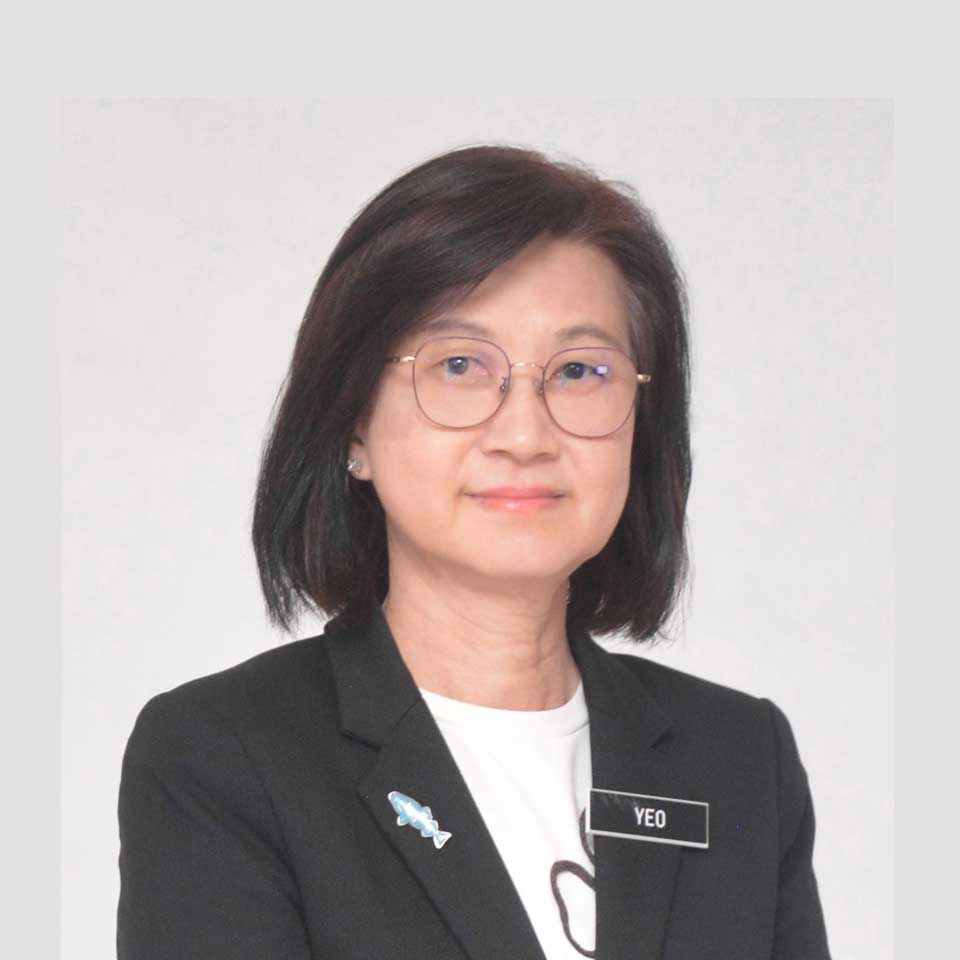
Ms Yeo Moi Eim
Miss Yeo Moi Eim is the Senior Director of Fisheries Biosecurity Division in the Department of Fisheries Malaysia and is currently performing the duties as the Deputy Director General (Development). She is responsible for overseeing and managing all aspects of biosecurity protocols and procedures related to fisheries and aquaculture to ensure compliance with regulatory standards and best practices. She plays an important role in strategic planning, policy development, and implementation to safeguard against biological threats to aquatic ecosystems, fish populations, and the broader marine environmentPrior to her current portfolio, she was the Director of Policy and Strategic Planning Division and was responsible in reviewing the Department’s Strategic Plan in line with our National Agrofood Policy 2021-2030 as well as led the initiative to finalise the revision of our Fisheries Act 1985. She was also the Director of Aquaculture Division between 2017 until 2020. Throughout her 32 years of service in the Department, Miss Yeo has vast knowledge and experiences in the development of the aquaculture industry as well as advancing the country’s biosecurity measures and compliance level.
She graduated in the Bachelor of Fisheries Science majoring in Aquaculture from the Universiti Pertanian Malaysia in 1991 and later pursued Masters in Information Technology from the Universiti Putra Malaysia in year 2003.

Dr. Shakuntala Haraksingh Thilsted
Dr. Shakuntala is CGIAR’s Director of Nutrition, Health and Food Security Impact Area Platform and a world-renowned nutrition expert known for her pioneering work on nutrition-sensitive approaches to fisheries and aquaculture in Bangladesh, India, Cambodia, Zambia, among many other countries. She received the 2021 World Food Prize for her influential work on nutrition, fish and aquatic food systems. She is part of the UN High-Level Panel of Experts on Food Security and Nutrition as well as the 2021 UN Food Systems Summit Vice-Chair for Action Track 4: Advance Equitable Livelihoods.
Dato’ Adnan bin Hussain
is the twelfth Director General of the Department of Fisheries, Malaysia. He has extensive experience in the field of fisheries and marine resources having served the department in several positions over the past three decades. Prior to his appointment as the Director General, he was the Senior Director of Fisheries Biosecurity and Conservation and Protection divisions.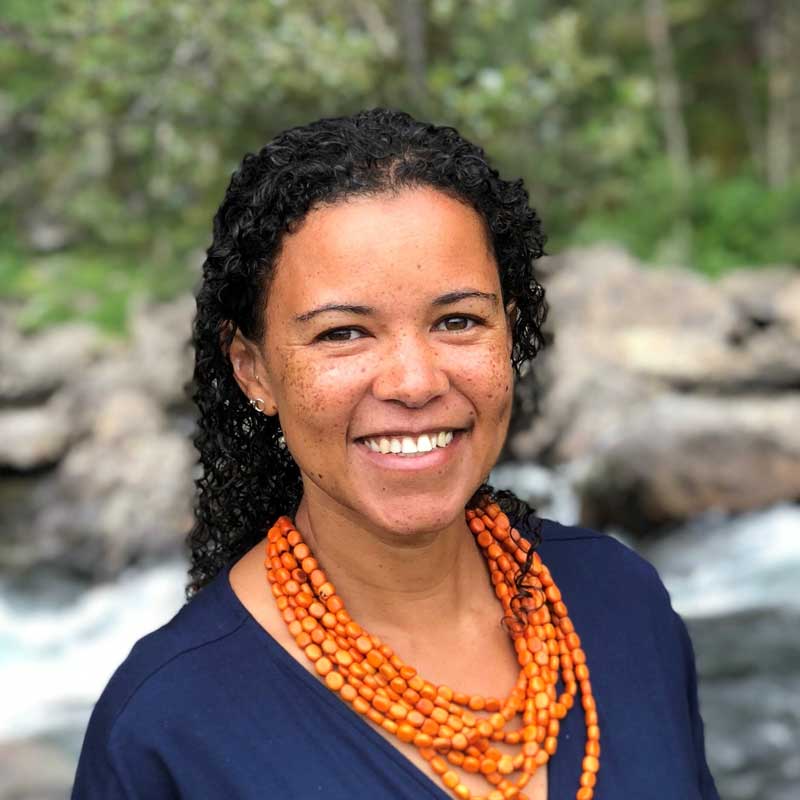
Professor Christina Hicks
Christina Hicks, a Professor at Lancaster University, UK, is an interdisciplinary social scientist and marine conservationist. Christina works on fisheries governance and conservation, food justice and nutrition, and the politics of finance and investment in fisheries and food systems. Christina is a Pew Fellow in Marine Conservation, an ISI Highly Cited Researcher, and is on the board of directors Oceana. She has won several awards for her work, including the Phillip Leverhulme Prize in Geography and the Royal Geographical Society’s Gill Memorial award.
Dr. Essam Yassin Mohammed
Dr. Essam Yassin Mohammed is WorldFish's Director General and CGIAR's Senior Director of Aquatic Food Systems. He is a leading interdisciplinary systems thinker, researcher and policy adviser with deep roots in the economics of the ocean and fisheries. He is a member of several advisory bodies including the Group of Experts for the second cycle of the UN’s Regular Process for Global Reporting and Assessment of the State of the Marine Environment, including Socioeconomic Aspects.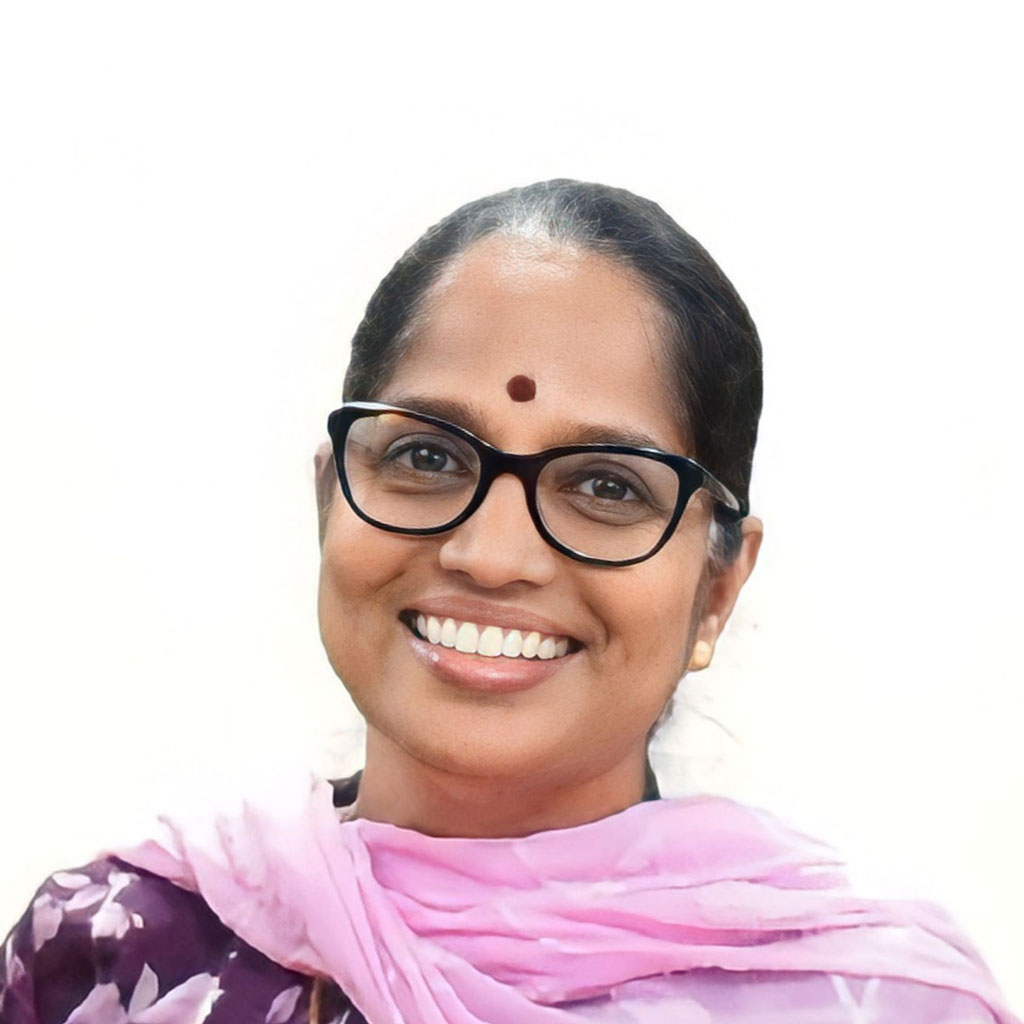
Dr Nikita Gopal
Dr Nikita Gopal is Principal Scientist & Head (Acting), Extension, Information & Statistics Division, at the Indian Council of Agricultural Research-Central Institute of Fisheries Technology (ICAR-CIFT), Kochi, Kerala, India. Gopal is a founding member and currently the Chair of the Gender in Aquaculture and Fisheries Section of the Asian Fisheries Society (AFS). She is also Secretary of the Society of Fisheries Technologists of India (SOFTI) and Vice Chair of the Asian Fisheries Social Science Research Network.Gopal has carried out several national and international projects, including action-research projects. Her areas of work include seafood trade and markets; technology evaluation in fisheries; and socio-economic studies among fishing communities. Her current research interests include small-scale fisheries, labour migration and women’s work in fish value chains.
For the past decade, Gopal has been actively engaged in gender research in fisheries and aquaculture and has documented women’s contributions and challenges in seafood processing; small-scale aquaculture and fisheries; marketing and other post-harvest activities. She has been actively engaging with stakeholders at the grassroots and along with her team is involved in identification, co-creation and transfer of suitable technologies to reduce drudgery, especially for fisherwomen, and improve livelihoods. She supports the International Collective in Support of Fishworkers in their capacity building initiatives for coastal fisherwomen (and men) in the implementation of the FAO SSF Guidelines. She was one of the gender experts for the Illuminating Hidden Harvest study of the FAO, World Bank & Duke University.
Recognizing her sustained long-term contributions to gender in aquaculture and fisheries Gopal was awarded the AFS Gold Medal Award in 2022. She is also recipient of the AFS Merit Award in 2013 and part of a team of researchers of ICAR-CIFT which received the 4th National Award for Technology Innovation in Petrochemicals & Downstream Plastics Processing Industry of the Ministry of Chemicals and Fertilizers, Government of India. She is Fellow of the Society of SOFTI. She has published over 50 peer-reviewed articles in national and international journals.

Dr. Christophe Béné
Dr. Chris Béné is Principal Scientist and Senior Policy Advisor working with the International Center for Tropical Agriculture (CIAT) headquartered in Cali, Colombia. He is currently affiliated to the CGIAR Systems Transformation Science Group and seconded to the Wageningen Economic Research Group (WEcR) at Wageningen University in the Netherlands. He has 20+ years of experience conducting interdisciplinary research and advisory work in different parts of the world (sub-Saharan Africa, South and Southeast Asia, Caribbean, and the Pacific), focusing on food security, and poverty in low- and middle-income countries. In 2022 and 2023, he was listed in the top 1% of the world’s most cited scientists by Clarivate/Web of Science in the domain of cross-field research. During his career, he has worked on a wide range of topics, including natural resource management, policy analysis, science-policy interface, resilience (measurement), and more recently food systems, looking particularly at their sustainability and political economy.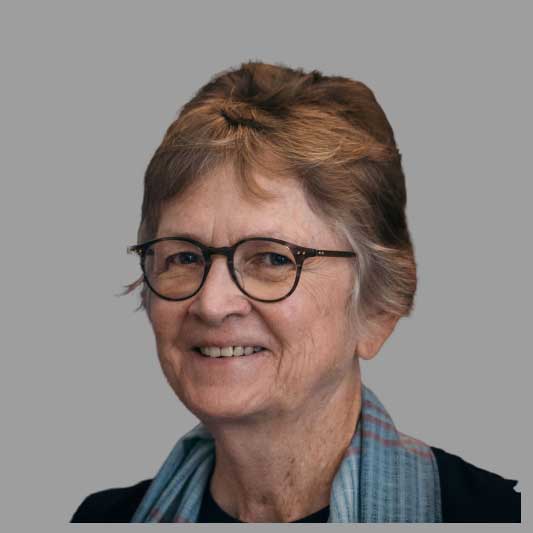
Dr Meryl J Williams
Dr Meryl J Williams (FTSE Aust.) is the Past Chair of the Gender in Aquaculture and Fisheries Section of the Asian fisheries Society, an Honorary Life Member of the Society, and an Honorary Industry Fellow of the University of Technology Sydney. She has worked for over 45 years in fisheries, aquaculture, aquatic resource conservation and agricultural research and development. Currently, she is focusing on research and advocacy on women and gender in aquaculture and fisheries, information and science for fair and responsible fish production for food security and nutrition, and holds several professional editorial positions. She is a member of the Board of Aquaculture without Frontiers (Australia). She was formerly Director General of the WorldFish Center (1994-2004), during which time she concentrated the focus of WorldFish on eradicating poverty, improving people’s nutrition, and reducing pressure on the environment. She was previously the Director of the Australian Institute of Marine Science, Executive Director of the Bureau of Rural Sciences, tuna fisheries statistician at the Secretariat for the Pacific Community and fisheries biometrician in the Queensland state government service. In 2019, the Australian Centre for International Agricultural Research named a women’s leadership program after her.Dr. Meryl Williams is also the awardee of the 2024 IIFET Distinguished Service Award.
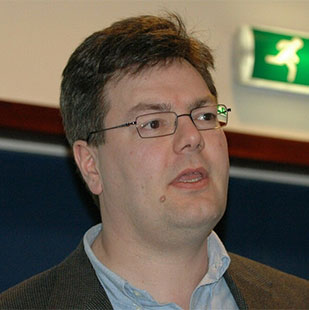
Professor Frank Asche
Professor Frank Asche is a professor at School of Forest, Fisheries and Geomatics Sciences and the Global Food Systems Institute, University of Florida. Frank Asche received his PhD from the Norwegian School of Economics and Business Administration and was at the University of Stavanger until 2016. He has been a Fulbright Scholar and a member of the science advisory board for WorldFish. He is Fellow of the World Aquaculture Society, editor for Aquaculture Economics and Management and serves as president of the North American Association of Fisheries Economists. He is also former president of the International Association of Aquaculture Economics and Management. Professor Asche's research interests focus on aquaculture and seafood markets, but has also been working on fisheries management, energy economics and food systems in general. Professor Asche has published numerous articles in international journals in economics as well as leading multi-disciplinary journals like Science and PNAS. He edited the book Primary Industries facing Global Markets and has co-authored The Economics of Aquaculture with Trond Bjørndal. He has also written several popular scientific articles, undertaken research projects in Norway, as well as for international organizations like FAO, OECD, the World Bank and WTO, and served on the drafting committee of the current law of the management of marine resources in Norway
Dr. Dale Squires
Dr. Dale Squires is Adjunct Professor of Economics University of California San Diego and member of International Seafood Sustainability Foundation's Scientific Advisory Committee. He is former US NOAA Fisheries Senior Scientist, Chair of Pacific Fishery Management Council’s Highly Migratory Species Plan Development and Management Teams and Groundfish and Coastal Pelagic Teams member, assistant professor at Universiti Putra Malaysia, fisheries officer at Department of Fisheries Sabah, Malaysia, and visitor (multiple times) at WorldFish Center. Recently an Oxford University Martin School Fellow, he has consulted with national governments, international organizations, and NGOs, and held visiting academic positions. He currently collaborates with the Inter-American Tropical Tuna Commission developing the Transferable Day Credit Scheme and the UN International Seabed Authority on developing fair and equitable royalty distribution and previously worked on the Authority’s Payment Regime. His current research interests are high-seas fisheries, deep-seabed mining, conservation, technological change, Pareto-efficient, fair, and equitable allocation, and quantifiable local distributive justice. He has co-edited and co-authored 11 books and over 150 peer-reviewed publications. He received his B.Sc. and M.Sc. from University California Berkeley and Ph.D. from Cornell University and studied at the American University of Beirut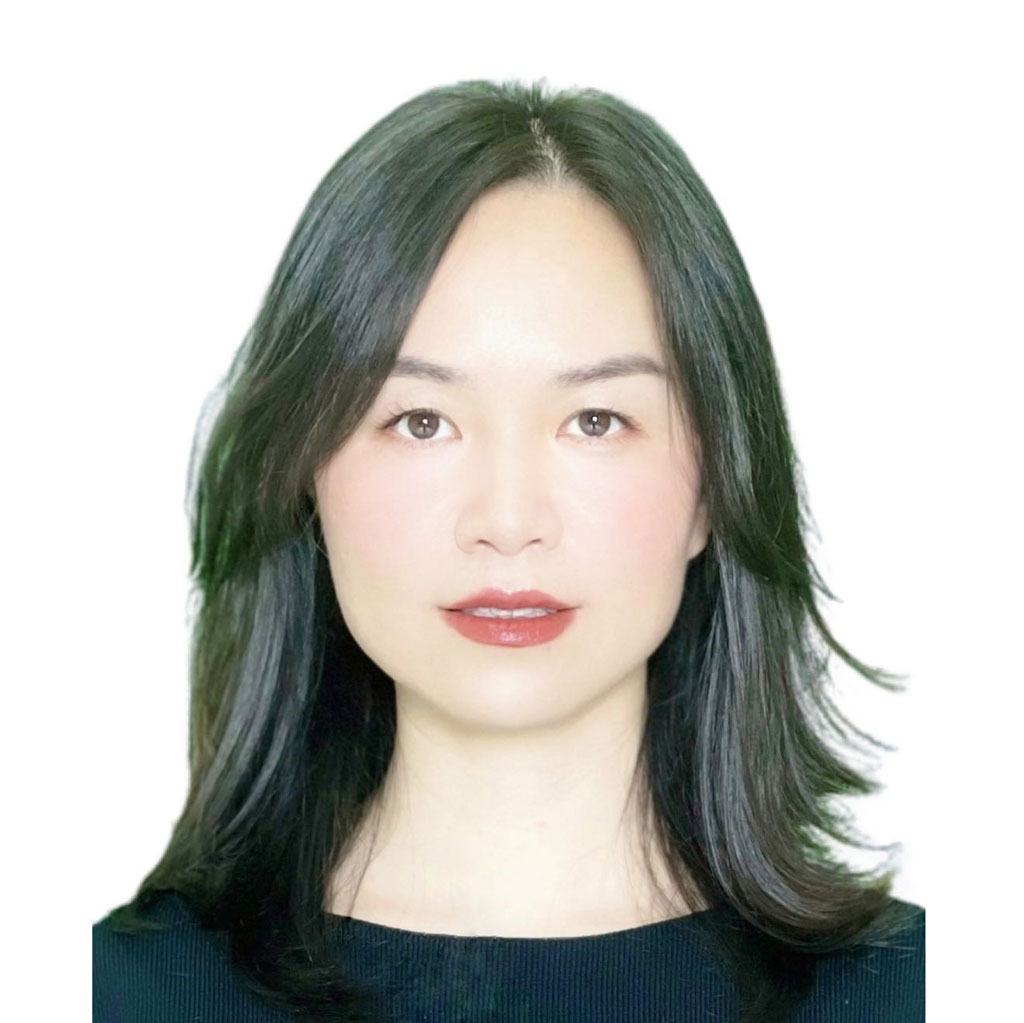
Professor Ling Cao
Professor Ling Cao is currently a full professor in the College of Ocean and Earth Sciences at Xiamen University. She earned her PhD in Aquatic Science from the University of Michigan, Ann Arbor, and later advanced her research endeavors as a research scientist at Stanford University.With her roots in a family-owned fish farm in China and training as both an agronomist and environmental scientist, Professor Ling has strategically positioned her research at the crossroads of marine conservation and sustainable fisheries and aquaculture management. In 2020, Ling was recognized for her outstanding contributions and was selected as a Pew Marine Fellow.
Beyond academia, Professor Ling has actively contributed to policy dialog, offering insights and recommendations that have influenced sustainable fisheries and aquaculture policies, particularly in China. She has spearheaded projects that forecast the future trajectory and vulnerabilities of global blue food production. In all her endeavors, Professor Ling underscores the necessity for forward-thinking and adaptability through scenario analysis and predictive modeling, empowering her to pinpoint and navigate both existing and emergent challenges and opportunities while devising strategies that harmonize blue food production with marine conservation.
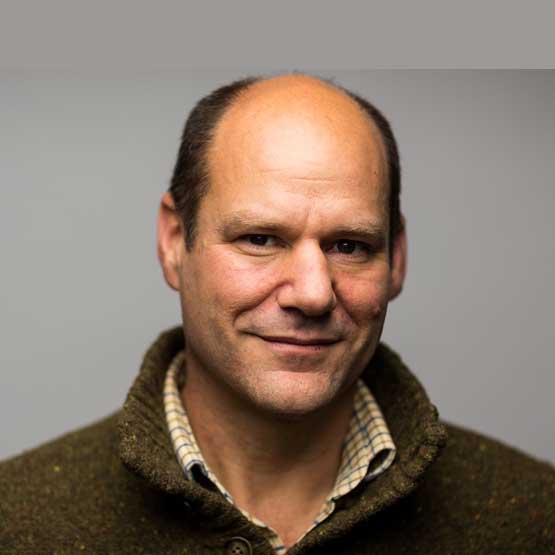
Eddie H. Allison
Prof. Eddie H. Allison is a Principal Scientist at WorldFish, who works on the linkages between fisheries and aquaculture governance and international development. He is an interdisciplinary scholar with over 35 years of academic and policy experience, who works closely with researchers across social and natural sciences and the humanities, as well as with stewards of natural resources in communities, civil society organizations, governments and the private sector. For the last four years (2020-23), he was listed by Clarivate/Web of Science in the top 0.1 percent most cited of the world’s researchers in the cross-disciplinary category.
Wanjiku Gichoh
Dr. Wanjiku Gichohi is a Public Health nutritionist and Food Systems Researcher. She is a Senior Scientist and Nutrition Impact Lead at WorldFish, with over 10 years’ experience working in industry, academia and non-governmental organizations in a variety of geographical regions. A key strength is translating nutrition and health science trends into messaging that can influence practice, programs and policy. She generates evidence on the agriculture to nutrition impact pathway, and investigates the role of food system components and consumer behavior in influencing nutrition outcomes.More keynote speakers to be announced in the lead up to the conference.

